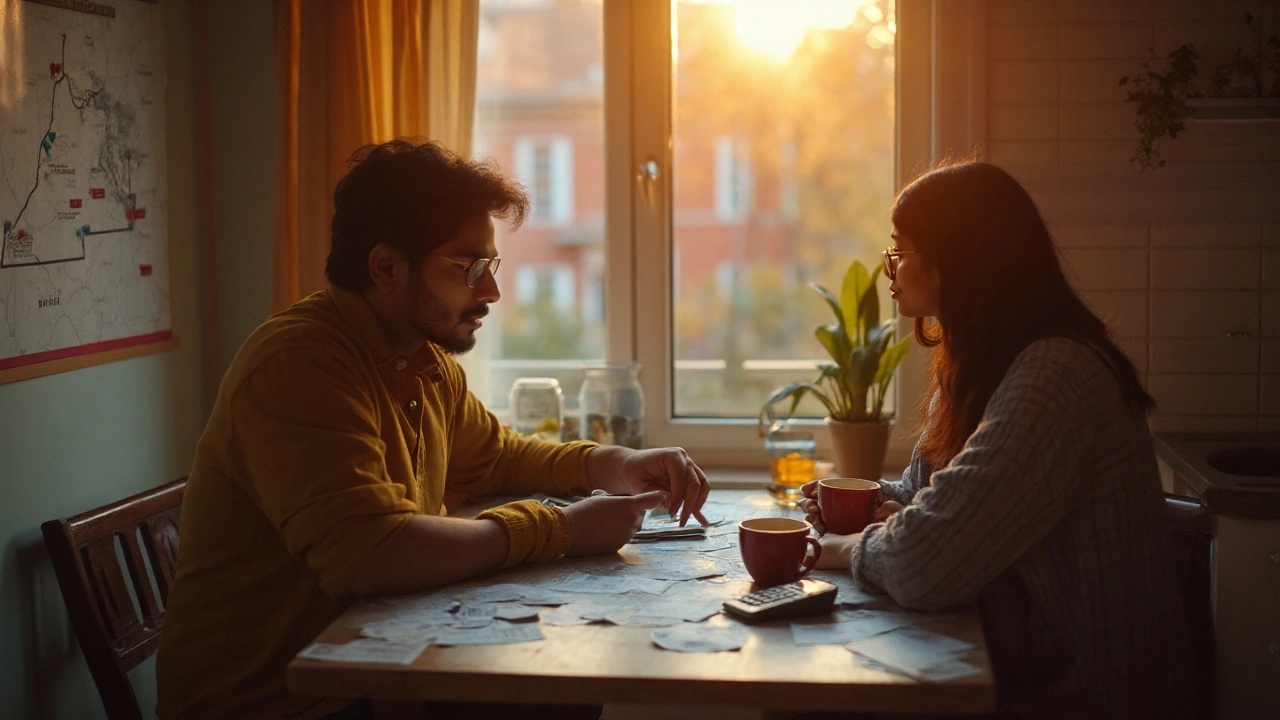If you’re thinking about moving to or investing in Southwest Virginia, you’re in the right place. This area mixes mountain views, small towns, and growing cities, making it attractive for families, retirees, and investors. Below you’ll get the basics on buying a home, finding land, and renting apartments or houses. No fluff—just the stuff you can act on today.
The first step is to know where you want to live. Cities like Roanoke, Blacksburg, and Bristol each have a different vibe. Roanoke offers urban amenities, Blacksburg feels like a college town, while Bristol has a historic downtown. Once you pick a spot, check recent sale prices. In 2024 the median home price in Roanoke was around $260,000, while a typical lot in the countryside could cost $30,000 to $70,000 depending on size and access.
Talk to a local realtor who knows the county rules. Virginia has a property tax that varies by county, so ask about the rates in Montgomery, Floyd, or Pulaski. Also, ask about zoning—some land is ready for a single‑family house, other parcels might be restricted to farming or commercial use. Getting a clear land survey early can save you headaches later.
Renters often look for affordable rates and short commute times. In 2025 the average rent for a two‑bedroom apartment in Roanoke sits near $1,200, which is lower than many coastal cities. To find no‑fee listings, start with local classifieds, university bulletin boards, and the county’s housing authority website. Many landlords will let you apply online, but always ask for a written lease and confirm what utilities are included.
Before you sign, walk through the property. Check for working appliances, proper insulation, and any leaks. If the rental is in a historic district, find out about any extra maintenance rules. A quick chat with neighbors can reveal if the area has noisy street traffic or if the landlord is responsive to repairs.
Whether you’re buying or renting, keep an eye on market trends. Southwest Virginia has seen steady growth thanks to new jobs in tech, healthcare, and manufacturing. That means property values are likely to rise a few percent each year. If you plan to stay long‑term, buying might make more sense; if you’re not sure, a short‑term lease gives flexibility.
Finally, consider financing. Many banks offer special loan programs for first‑time homebuyers in Virginia, sometimes with lower down‑payment requirements. Compare rates, and don’t forget to ask about closing cost assistance programs that the state sometimes provides.
Southwest Virginia offers a blend of affordable living, natural beauty, and a growing economy. Use this guide as a checklist, reach out to local experts, and you’ll be on your way to finding the right home, land, or rental in the area.

Hunting the cheapest part of Virginia? Here’s where your dollar stretches most, what it really costs to live there, and how to pick the right town without regrets.